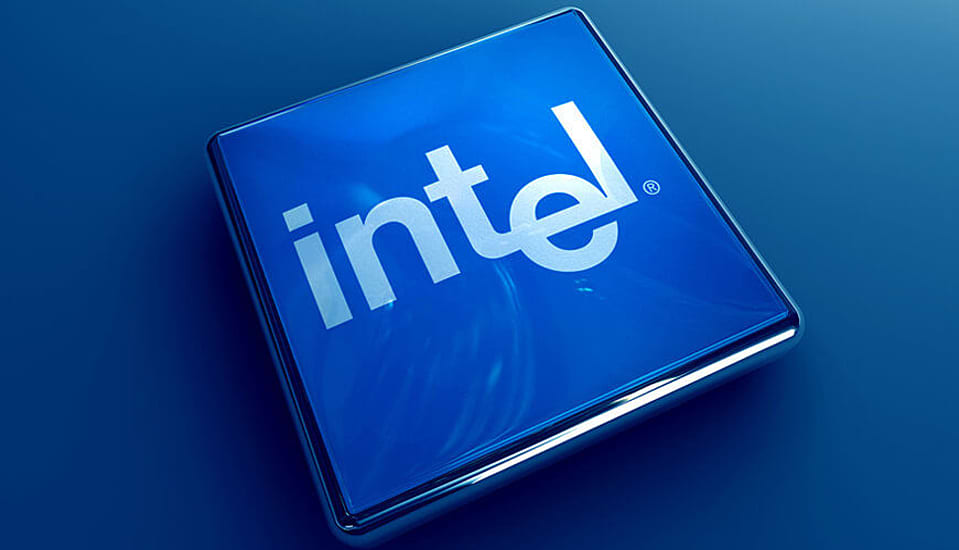
Date: April 05, 2024
The PC chipset maker revealed two new highlights intended to enhance the effectiveness of PCs running security programs that identify and cut-down hacking programs. Intel laid out the features toward the beginning of the RSA Conference, one of the biggest yearly cybersecurity events.
“Spectre and Meltdown” still remains one of a major headache for the chipset makers globally. Its susceptibility is influencing each PC chip made in the previous 20 years. The vulnerabilities were found by security specialists in late 2017 and can be exploited by programmers to steal information from PCs through imperfections contained in microchips.
Rick Echevarria, Intel’s platform security division VP said, “With Accelerated Memory Scanning, the scanning is handled by Intel’s integrated graphics chipset, enabling more scanning, while reducing the impact on performance and power consumption. Early benchmarking on Intel test systems show CPU utilization dropped from 20 percent to as little as 2 percent.”
One of the two features is “Advanced Memory Scanning,” which will be a part of Advanced Threat Protection. It is a piece of Microsoft's Windows Defender that searches out hard-to-identify attacks as they occur on a PC framework. The second feature is “Advanced Platform Telemetry,” which accelerates security programs that keep running on networking technology and will be utilized as a part of a product called the Cisco Tetration Platform.
Intel is intending to enable virus scanners to utilize its incorporated designs chipsets to filter for malicious assaults. Further, it is expected to enhance performance and battery life. Though current Specter security updates have, now and again, affected performance, however, it is not expected in the future chipsets.
As per company’s statement, the “Threat Detection Technology” will be accessible on 6th, 7th, and 8th gen chipsets. It will enable machines to take an upper edge by moving virus scanning activity to the GPU rather than the CPU. Right now, virus scanners utilize the CPU to recognize against memory-based attacks, yet a machine takes an execution hit subsequently.
Last month Intel revealed it's overhauling of chipsets to ensure against a future Specter-like assault, and the company is already altering those silicon changes today. In order to shield applications from being attacked, Intel Security Essentials incorporates secure boot and hardware protections. According to Intel, these progressions, incorporated straightforwardly into the silicon, are intended to limit the effect of security on execution.
Intel CEO, Brian Krzanich last month said, “As we bring these new products to market, ensuring that they deliver the performance improvements people expect from us is critical. Our goal is to offer not only the best performance but also the best secure performance.”
As of now, Intel is banding together with Microsoft this month to change the Windows Defender Advanced Protection Threat (ATP). Intel is additionally working with different antivirus dealers so that others can also make use of this silicon-level change.
Top 50+ D2C Brands in India That are Disrupting the Market in 2024
Discover the top 50+ D2C brands transforming India's consumer market with innovative products and unparalleled customer experiences in this comprehensive overview.

Snap Introduces Watermarks To Highlight AI-Generated Images
To enhance user experience and safety, Snapchat has introduced an automated watermark that distinguishes AI-generated images from others.

WhatsApp Chat Filters Launched For Improved Management
Meta has introduced chat filters on WhatsApp, redefining the home interface to be more organized and accessible.

Meta’s Oversight Board Actively Reviewing AI-Nudity Reports
Meta’s oversight board has been actively investigating the actions taken on user-raised flags and reports against AI-generated nudity.

